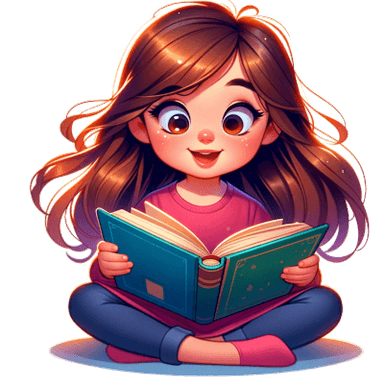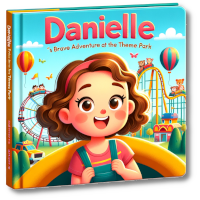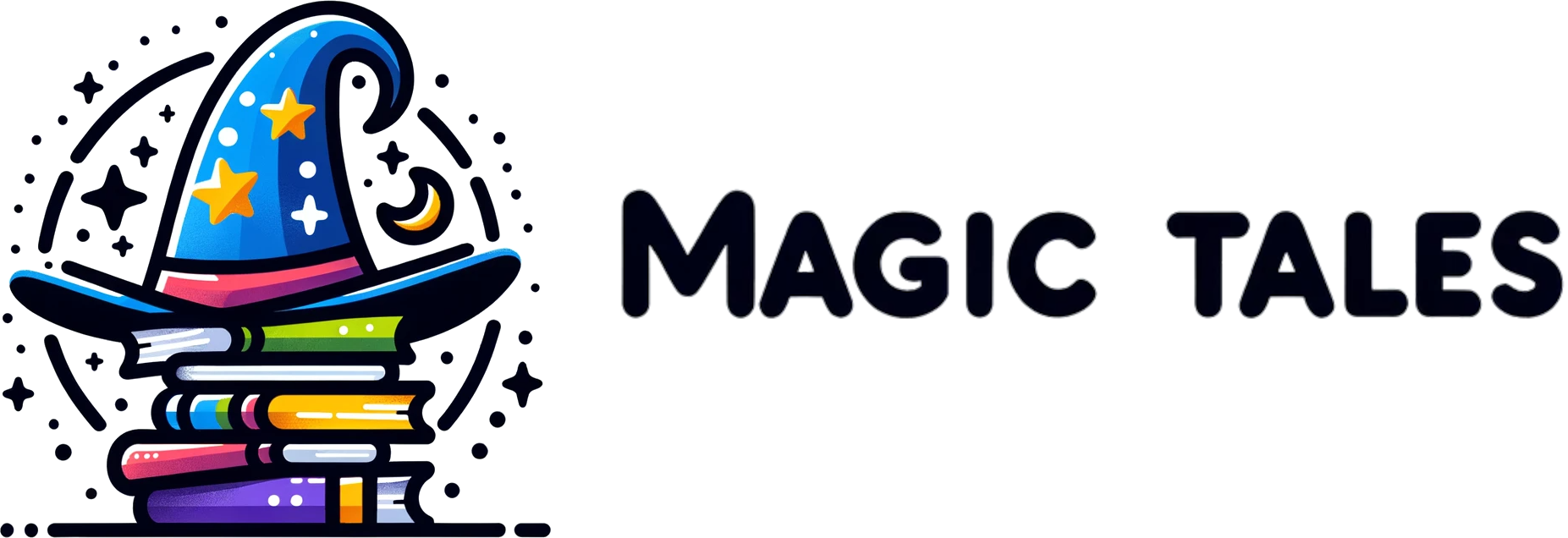Reading with children
a blog by Magic Tales

Unlocking Minds: Exploring the Intrigue of Science in Children's Literature
Are you curious about the brilliant minds of your little ones? Have you ever pondered upon the intricate relationship between children's literature and their affinity for science? If you have, then you've just opened a Pandora's box of fascinating insights.
Literature for children serves as a robust catalyst, kindling young minds' curiosity and their innate passion for comprehending the world around them. Science, in particular, has a pivotal role in nourishing this curiosity, fostering a love for discovery, and developing an analytical mindset in children. Coupling science with literature is akin to hand-serving the world's treasures to our young explorers.
How does introducing science in children's literature make a difference?
The answer lies within the realms of psychology – the foundation of understanding human behaviour and mental processes. Our brain's natural inclination towards storytelling prompts children to seek meaning and establish connections with their surroundings. Scientific elements woven into a compelling narrative provide a structure for the kids to make sense of complex concepts.
When children interact with scientific ideas through quaint characters, enchanting illustrations, and engaging plotlines, science becomes less intimidating and more inviting. It also assists in enhancing their cognitive abilities – observation, problem-solving, logical reasoning, and critical thinking.
Books like 'The Darkest Dark by Chris Hadfield', 'Ada Twist, Scientist by Andrea Beaty', and 'Tiny Creatures: The World of Microbes by Nicola Davies' are prime examples of this integration. Each book has in its essence, the virtue of science sewn seamlessly into its storyline, simplifying complex notions for little minds.
Scientific literature isn't merely limited to factual knowledge; it also explores diverse emotions and mindsets. It provides a platform to discuss fear, courage, perseverance, curiosity, and even failure – all part of the scientific process. Children learn that it's okay to question, make mistakes, and persist in their quest for answers.
So, what's the optimal way to introduce science through literature?
There's no defined blueprint, but the goal should be to keep children motivated, curious, and engaged. Science-themed picture books for younger children, hands-on activity books, biographies of famous scientists for older children, and even fictional accounts with scientific underpinnings can help achieve this.
Books that provoke questions, encourage interactive learning, stress on the ‘why’ and ‘how’ concepts, spur creativity and integrate real-world applications of scientific concepts are particularly effective.
In the universe of children's literature, science has a definitive and influential space. As parents and educators, we need to ensure that we guide our young ones in navigating through this cosmic galaxy – letting them uncover the mysteries, experiment with the unknown, and most importantly, foster a lifelong love for learning.
Remember, every child has an inherent scientist within. It's time we nurtured it with the right kind of stories.
Want a personalized book to read with your child about Science?
Takes as quickly as 30 seconds to create
Create a book about Science

